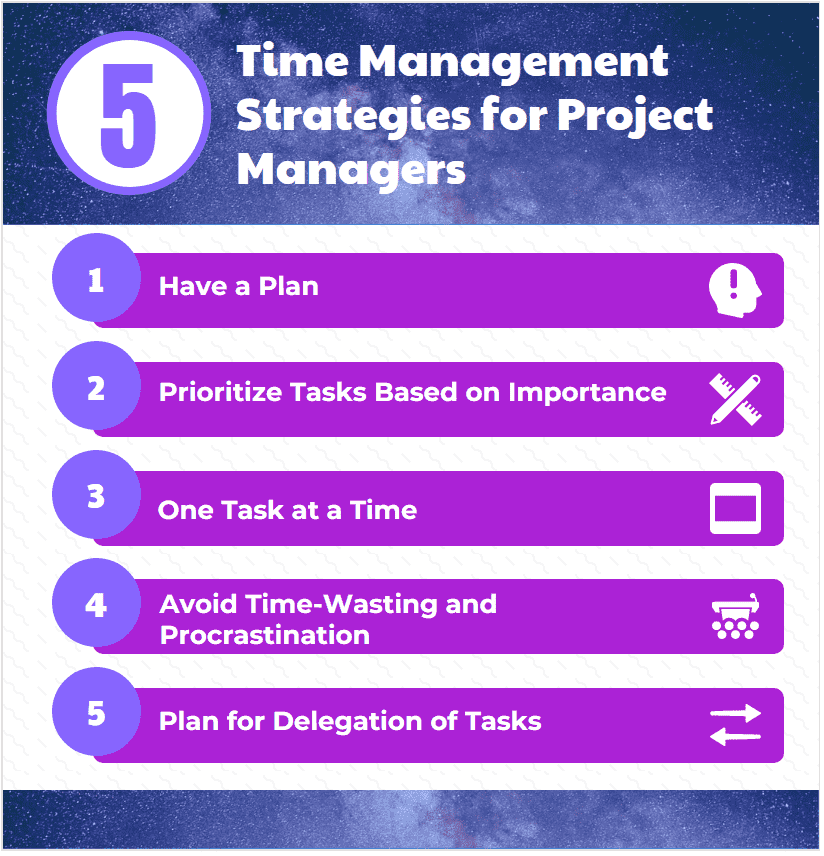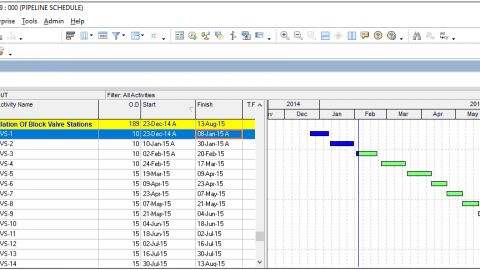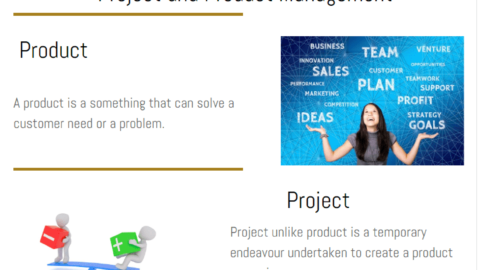5 Time Management Strategy Examples for Project Managers
Project managers undertake many critical tasks in managing an ongoing project. The nature of their work entails the management of essential milestones of the project. These aspects are planning, procurement oversight, and project supervision. A project relies on limited resources such as capital and skilled labor. Time management strategy and learning how to manage time is critical in ensuring the optimal use of these resources. Projects that are complete within the stipulated timelines are economical to execute and cut wastage of resources.
Table of Contents
To gain the necessary skills, it is a rule that project managers get time and risk management training certifications. Time management training offers numerous advantages to project supervisors and employees in general.
There are several time management strategies that project managers can use. These strategies enhance effectiveness in managing projects. In this article, we are going to explore some of these strategies.
What Does a Project Manager Really Do?
Before we jump into discussing time management strategy for project managers, take a moment to watch our video on the role and responsibilities of project managers. It sheds light on the critical role project managers play in project success.
1. Have a Plan
As a project manager, productivity measures the efficient use of resources at hand. Having an in-depth analysis of a project is the first step to effective project time management. Based on a project, the milestones can either be short-term or long-term.
In both, the execution of tasks is sequential. It is vital to plan these activities well and organize resources such as labor. A good project manager will always come up with a work schedule to guide them on allocating time for each task.
Due to the significance of knowledge about time management, there are several courses to teach it. A project manager can enroll in time management training courses. These kinds of programs allow professionals to have a better sense of how they can efficiently allocate their time.
The courses are well-structured to teach time management from its basic concepts to its in-depth technicalities. Ultimately, these will help managers create a better time management strategy.
2. Prioritize Tasks Based on Importance
A project will typically entail various tasks and based on the complexity of some projects, many jobs may have to run simultaneously. As a manager, it may not be possible to oversee all functions around the clock.
A project manager should always focus more time on the critical tasks that need utmost supervision. Scholars have come up with various task management models that can assist project managers in time management:
i. Use Eisenhower Matrix to Establish Your Task Management Strategy
Based on this model, tasks are broadly categorized into groups. They are either important, urgent, or not important. The urgent and important task will have the first place in the list with no delegation by the project manager due to the nature of their sensitivity.
Activities that fall under the urgent but unimportant category can be scheduled and executed after the priority tasks. Tasks that are not important and not urgent should always come last. Delegation of such activities by the project manager is, at times, an option as a time management strategy. The allocation of tasks frees up time for more urgent matters.
ii. The ALPEN Method
The ALPEN concept is based on a to-do list that one should always come up with before undertaking tasks. After coming up with the list, time is allocated to each job, based on complexity before execution. After executing tasks, an evaluation is necessary to determine the level of success and possible improvements.
iii. Models by Prominent Project Managers
Rob Rowson, a prominent CEO, has also developed a time management model of the focus and buffer days. According to his analogy, focus days should be dedicated only to the core activities of any project. The buffer days are slotted for minor operational tasks such as essential paperwork and accounting procedures.
The Pareto principle or the 80/20 rule is also a model that further emphasizes the need for a project manager to always focus on the priority tasks first.
3. One Task at a Time
As a project manager, you may find yourself overwhelmed by many tasks. It is human nature to have the temptation of multi-tasking as a way of saving time. Though the idea may look like a quick fix, scientifically, it minimizes productivity and efficiency. The human brain takes to switch time from one task to another.
It is advisable to handle one job and have a short break before switching to a different activity. The gaps will ensure you are always fresh for the next task and enhance effectiveness. When one breaks, a project manager can engage in healthy activities such as meditation or even taking walks. Healthy ways of passing time enhance relaxation and build up positive energy
4. Avoid Time-Wasting and Procrastination in Time Management Strategy Efforts
For a project manager, the bulk of the work is based on communication with the various teams executing a project. Plan and dedicate special times for routine tasks such as checking emails on the company website. Such tasks can sometimes distract and divert concentration during essential forums such as client briefs.
Personal matters such as family commitments and work breaks should be well thought out and planned. Planning important vacations will avoid disrupting key activities during such work breaks.
Procrastination can lead to many steep deadlines that a project manager has to meet as they execute a project. It is always important to start with the enormous tasks as a project manager. Big tasks need a lot of your time and concentration.
Always finish up with small minor tasks. To cut procrastination, one can adopt the snowball technique. The technique entails breaking down big tasks into small sections. One then handles each section at a time. This technique makes completing tasks more manageable and psychologically less tiring.
5. Plan for Delegation of Tasks for Better Time Management Strategy
Not all tasks need your immediate attention as a project manager, and once in a while, you will have to delegate some tasks. As a project manager, you are in charge of oversight. You should schedule a time to track the progress of delegated tasks.
Monitoring will ensure quality work is done within the specified time frame. Before delegating tasks, brief the relevant supervisors on your expectations. Always be available to offer timely support and feedback to the project team.
Conclusion
Time is a limited resource and directly impacts the success of a project. A good project manager will be someone who has mastered the art of time management. Efficient time management will ensure quality work and appropriate time for supervision.
It is always important as a project manager to continuously follow the latest time management tools and certifications. Good time management is a habit that should be cultivated daily.
Dan has hands-on experience in writing on cybersecurity and digital marketing since 2007. He has been building teams and coaching others to foster innovation and solve real-time problems. Dan also enjoys photography and traveling.











Nice tips, thanks! I use a time management tool to deal with managing time better. I recommend kanbantool.com for that purpose, it’s really good!